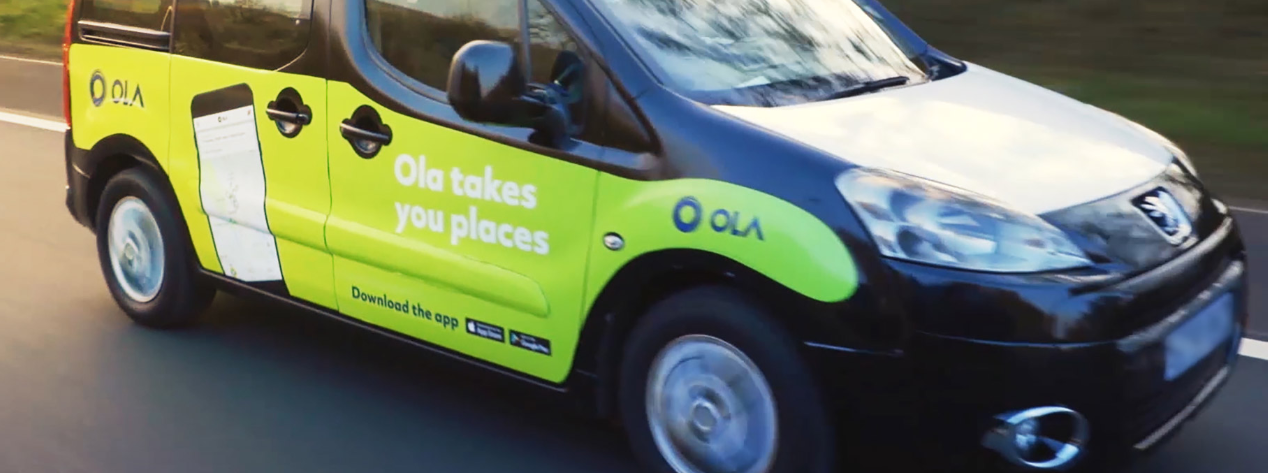Among these is Indian ride hailing company Ola which is plotting its own launch in the UK capital having made its debut in the country last year. The company has already been granted a licence by TfL and has now announced it will be inviting tens of thousands of drivers to join its platform in the coming weeks.
Founded in India in 2011, Ola, which is actually backed by Uber investor SoftBank, now serves more than 125 million customers across 110 cities and four countries as the world's 3rd largest ride-hailing app. It launched in the UK in 2018 across South Wales and the South West of England as the UK's first ride-hailing app for both private hire vehicles and metered taxis.
It is currently available in Cardiff, Newport and Vale of Glamorgan (across South Wales); Bath, Bristol, Exeter, North Somerset and South Gloucestershire (across the South West); and also Knowsley, Liverpool, Sefton, St Helens and The Wirral in Merseyside; Birmingham, Dudley, Sandwell, Solihull, Walsall, Wolverhampton, Coventry and Warwick across the West Midlands; plus Reading.
Ola is not alone in seeking to take advantage of this opportunity and the Likes of Bolt, Kapten and Gett are also watching developments closely. The fast growing Estonian-born Bolt arrived late in London, but is already making its presence felt.

It says its vision for the future of urban mobility in London, and cities around the world, demands a "commitment to delivering the value, quality, safety and care for the environment our customers expect". Meanwhile, French app Kapten, which launched in London this year says London still "needs ride-hailing, but we don't need Uber".
SEE RELATED REPORT: A 'Bolt' from the blue - the London ride-hailing space gets even more crowded as Estonian arrival 'finally' launches
TfL ruled at the start of this week it would not renew Uber's license to operate in the city after finding the company allowed unauthorised drivers to pick up passengers by uploading their photos to other Uber driver accounts. The regulator claims this occurred in at least 14,000 journeys. This is not the first time TfL has decided not to renew Uber's license, and the last time that happened it took nine months before a judge granted it a new permit.
Uber's Global chief executive Dara Khosrowshahi has described TfL's decision as "just wrong". In a post on the Twitter social media platform, he said: "We understand we're held to a high bar, as we should be. But this TfL decision is just wrong. Over the last 2 years we have fundamentally changed how we operate in London. We have come very far - and we will keep going, for the millions of drivers and riders who rely on us."
Ola touted its own safety features as a key differentiator from other competitors when it outlined its own development plans this week. The company says it uses facial recognition technology to authenticate its drivers. A key factor behind TfL's decision to ban Uber was its failure to ensure passenger safety. "We have built a robust mobility platform for London which is fully compliant with TfL's high standards," Simon Smith, Ola's head of international, confirmed.
Uber has confirmed it will appeal the TfL decision so it could be some time before we learn a final outcome. In the meantime, others will certainly take advantage of the uncertainty to build their own presence in the London market.